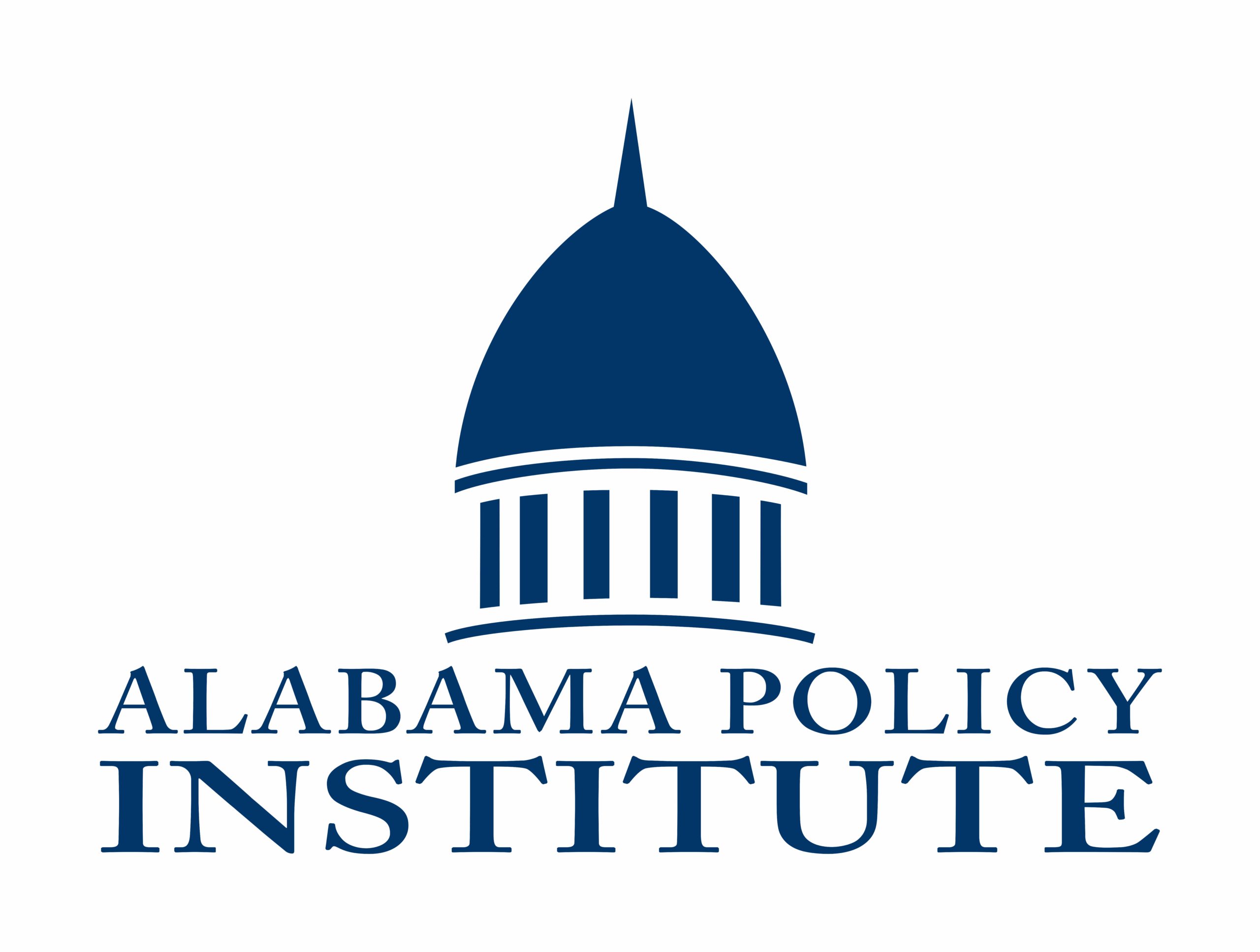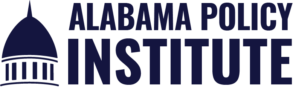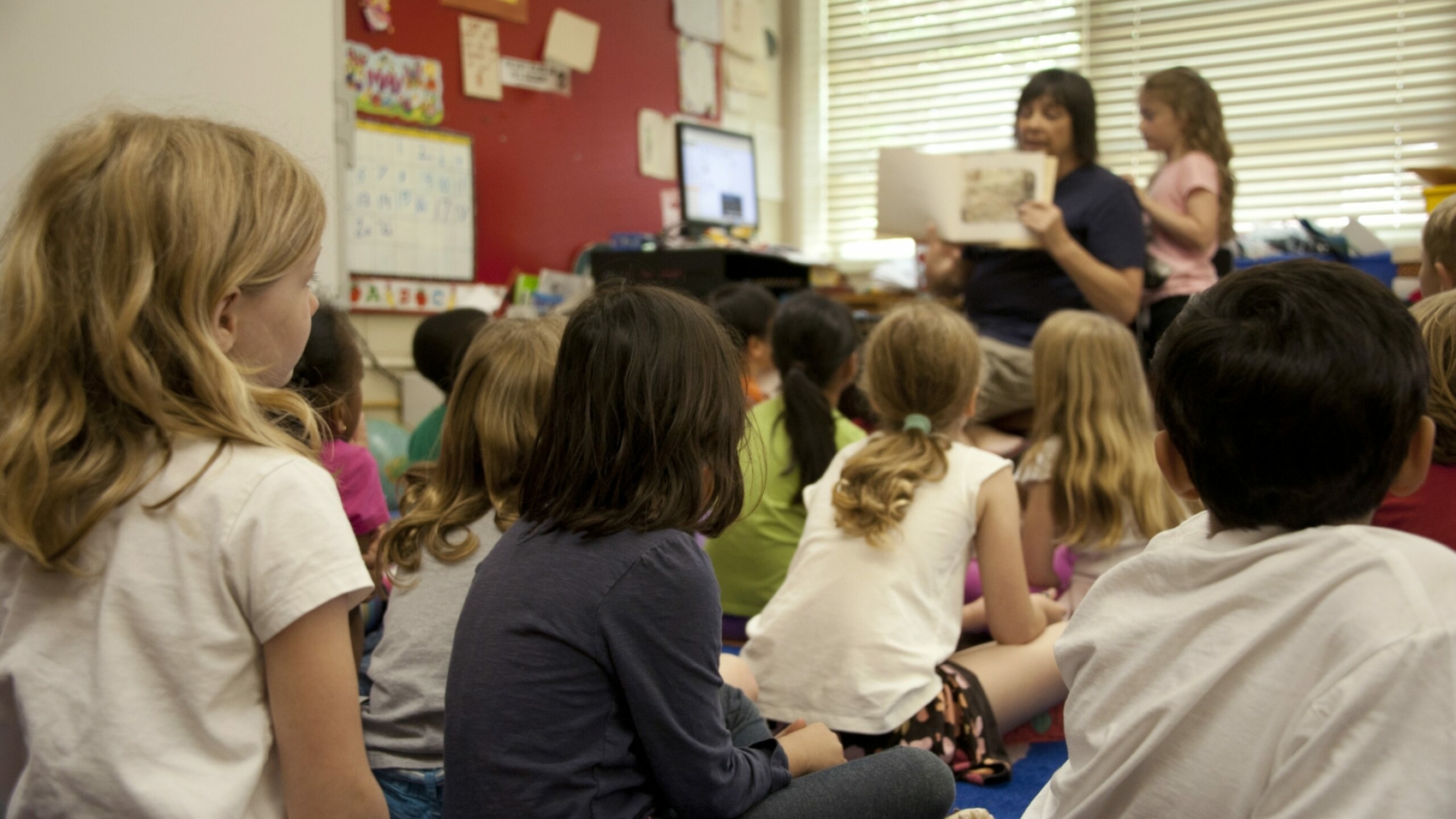School Choice is a hot button issue nationwide. Some governors have been championing this idea for years, but there has been a noticeable domino effect in the year’s spring legislative sessions. Perhaps it’s a delayed response to the crisis homeschooling that many parents were forced into with Covid-19 lockdowns, perhaps the renewed level of interest is born of parents growing increasingly weary of the high levels of partisan politicization in public schools, or perhaps it’s an awakening that even with huge federal and state funding levels, student proficiency and test scores are actually in a state of decline. Regardless of the impetus, calls for educational freedom are being heard and acted upon with haste.
I prefer the term educational freedom over school choice because many parents already utilize a certain level of choice regarding the education of their K-12 children outside of the public system, though many cannot afford to do so. The differences between what is happening now in education and what school choice proponents advocate for are found both in funding and freedom. Educational freedom initiatives promote and defend families as the primary foundation to society by acknowledging and strengthening the role of parents in their innate responsibility to educate and raise their children. The ultimate goal of educational freedom is to give parents agency to educate each of their children as they see fit. Further, the re-introduction and expansion of free-market principles have and will continue to improve the station of public education. Applying free market principles to public, private, and home education opportunities will open new avenues for success in all areas of education. Where there is competition and innovation, there is success; where there is governmental interference and control, there is stagnation.
Nationwide, there is little discussion about why parents might seek to opt out or choose a different type of education than public education. Funding doesn’t seem to be the crux of the problem, despite the steady educrat and union drumbeat to the contrary. However, during public discussions, professional educators assert that education dollars are state property and can only be properly administered by the state. There is a fundamental misunderstanding regarding governmental funding as there is no such thing as governmental funding, there are only taxpayer dollars collected for a purpose of serving the taxpayers. Further, school board administrators, bureaucrats, and professional education lobbyists repeatedly question the ability of parents and private schools to teach children adequately without the benefit of their benevolent bureaucratic oversight.
Universal education freedom is paramount to ensuring that every single child has an equal chance to flourish.
Public union lobbyists and public employees attempt to submarine every school choice bill they can; they reject the need for parental control over their children’s education. In doing so, they flatly dismiss the abilities of parents to education their own children or even to make viable decisions on their behalf. Their assertions made it clear they disdain the role of parents in education and since then they have repeatedly shown that they don’t value parental input or opinions. The governmental education apparatus also has a fundamental misunderstanding of who is responsible for the education of our nation’s children. Education bureaucrats, public sector lobbyists sliding envelopes across white table cloths, or even well-meaning teachers are not responsible for the education of children. That responsibility resides solely with their parents.
The education system is in crisis and there clearly needs to be a paradigm shift; a shift from fully funded government schools that spend more money on bricks and mortar than they do on math and reading. It’s time to reject schools that spend more time on equity than exponents and more time on indoctrination than integers. In many areas of the country, public schools have failed to educate students adequately and it’s time to give every single parent the financial ability to opt out.
Educational Freedom would give every single K-12 student the ability to use a portion of their parents’ taxes to choose which school or homeschool supplies/curriculum that they want their tuition to go towards.
Educational Freedom shouldn’t look like taxpayer funding being tightly managed by a bureaucratic morass.
Educational Freedom shouldn’t hinder or bind homeschooling families or private schools with any additional authority or supervision.
Educational Freedom shouldn’t retain or expand the power of those currently perpetuating the problems; that includes the public sector unions that pull political strings.
Educational Freedom shouldn’t look like government employees choosing which kids get to be the winners and which kids have to be the losers.
Educational Freedom shouldn’t be limited to the small number of students that tax credit scholarships or charter programs have been able to reach.
Educational Freedom should empower all parents to be the educational decision-makers for their children.
Educational Freedom should reject governmental admissions standards and testing requirements.
Educational Freedom should ignore fiscal turf wars and put students rather than employees first.
Educational Freedom should return the responsibility of education to the parents of children.
Enough with the turf wars. Enough with the disregard for the potential successes of our children. Enough with the continuation of a flawed and monopolistic systems. Enough with the sacrifice of our nation’s future for the continuation of the status quo. Let’s demand our education system stop serving as a glorified public employment agency with little to no accountability and limited academic success. Let’s start putting our focus on what education is actually supposed to be all about: educating kids. Let’s stop funding systems and start empowering parents. Let’s start putting students first.



